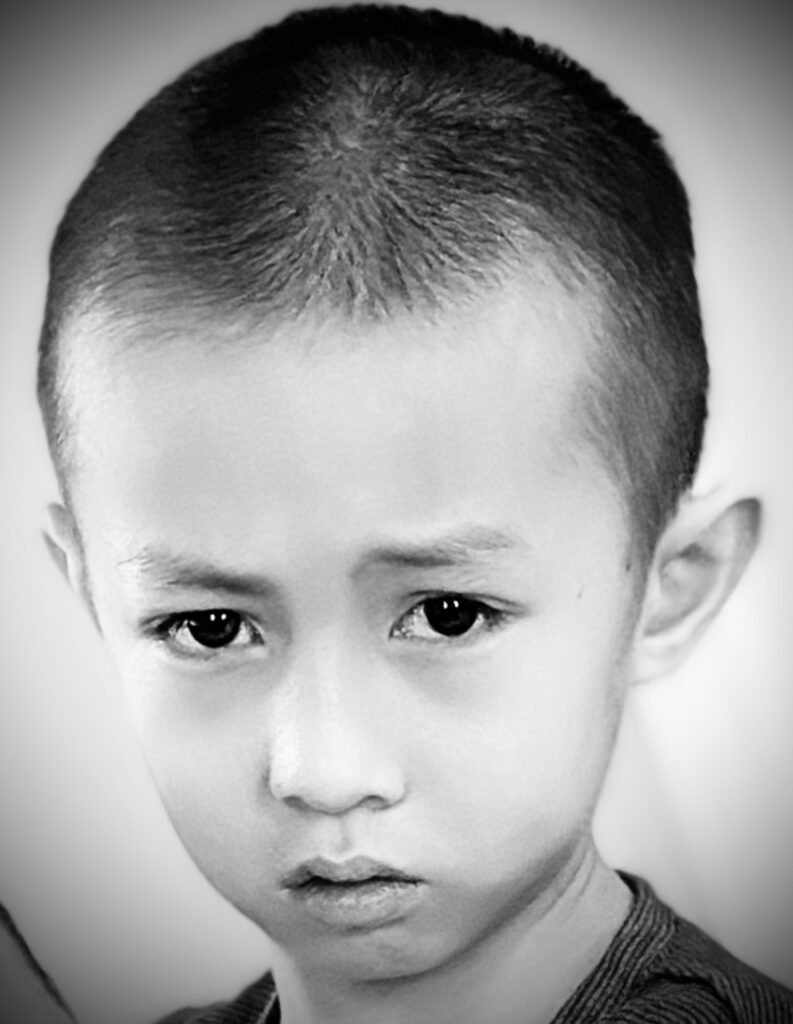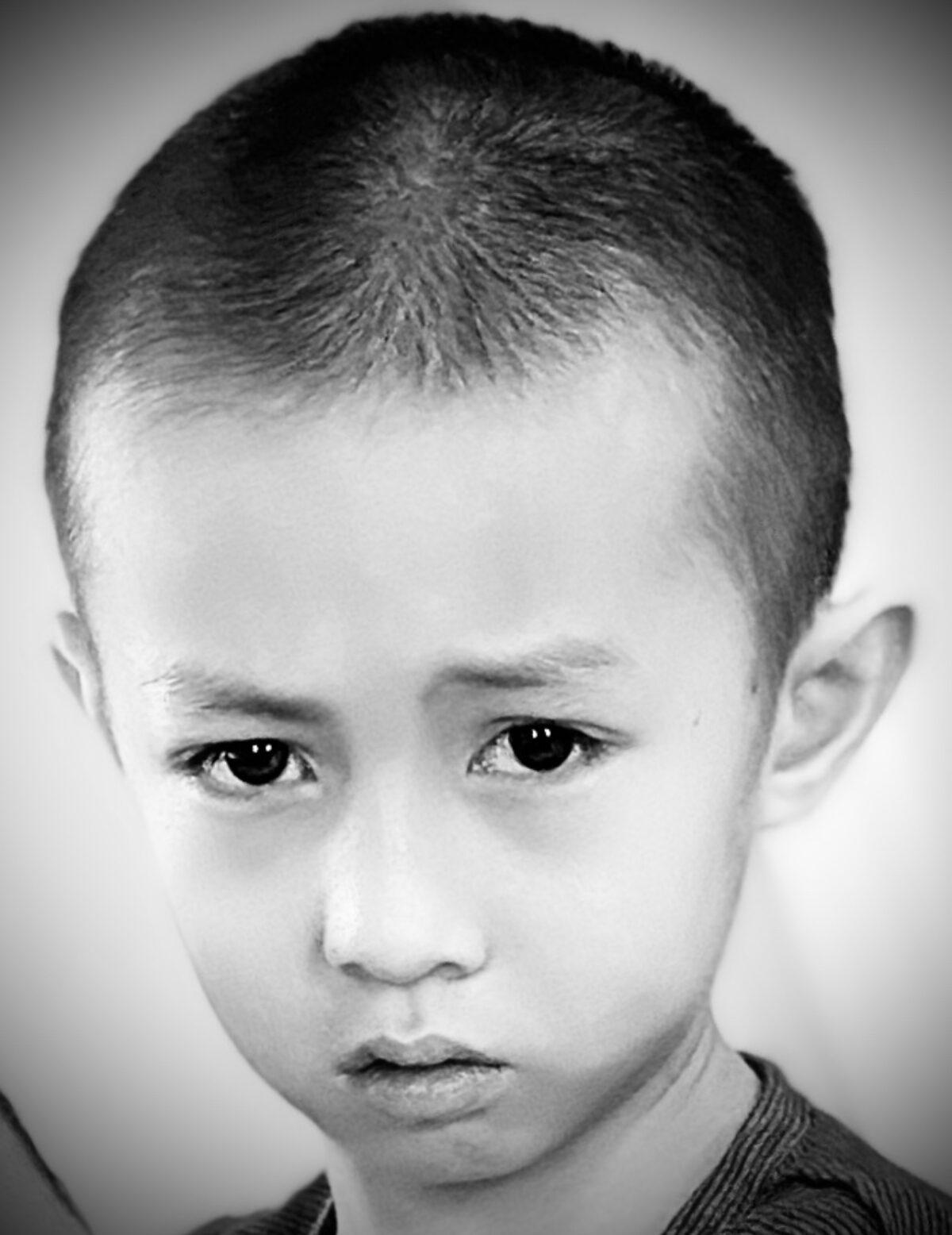In a world where technological advancement seems to race past our collective understanding, it is only natural that some may harbor reservations about artificial intelligence (AI). These fears have been dramatically depicted in dystopian movies and books, like ‘The Matrix’ and ‘I, Robot’, where AI entities evolve beyond human control, undermining society. Despite these misgivings, Di Tran, author of the soon-to-be-released book “Drop the FEAR and focus on the FAITH,” provides a fresh perspective.
In a recent interaction with his nine-year-old son, Jayden, Di Tran likened the intelligence of the latest AI, OpenAI’s GPT-4 model, to ten times that of a human. However, Jayden, with his childlike wisdom, retorted, “No, AI is not smart, the one who uses it is.” This simple yet profound response encapsulates the crux of the AI fear issue.

One could draw parallels between Jayden’s response and the central thesis of Di Tran’s book, “Drop the FEAR and focus on the FAITH.” Tran encourages readers to shift their focus from irrational fears, leveraging faith to embrace possibilities instead. Jayden’s assertion that AI’s intelligence depends on its user mirrors this theme, reminding us that AI is a tool to be used and not an autonomous entity to be feared.
AI, despite its potential, is intrinsically neutral—it is neither good nor bad. Its utility and impact are determined by the person using it. This is akin to fire, a force of nature that can either cook our food or burn our house down, depending on its use.
Referencing Di Tran’s philosophy, it’s evident that fears regarding AI arise from a lack of understanding and control, similar to fear of the unknown. As humans, we are naturally inclined to fear what we don’t understand. However, this fear may prevent us from fully harnessing the potential of AI, limiting our growth.
Just as Di Tran advises to “drop the FEAR and focus on the FAITH” in his upcoming book, perhaps we should approach AI with an attitude of faith rather than fear. This doesn’t mean blind faith, but rather faith rooted in understanding, critical thinking, and constructive application of AI.
In essence, we should have faith in our ability to utilize AI responsibly and effectively. We need to focus on educating ourselves about AI, understanding its capabilities, limitations, and ethical implications, thereby facilitating its constructive use and mitigating potential risks.
Jayden’s simple but profound statement encapsulates this idea perfectly. Rather than ascribing intelligence to AI, we should acknowledge that it is our application of AI that truly matters.
As we move further into an era defined by rapid technological advancement, we should heed Di Tran’s advice and Jayden’s wisdom—focus less on fear, more on understanding, and have faith in our collective ability to use AI as a tool for progress. After all, AI’s true intelligence lies in the hands of its user.


